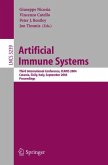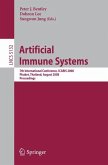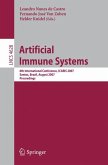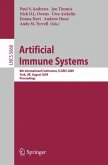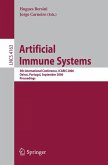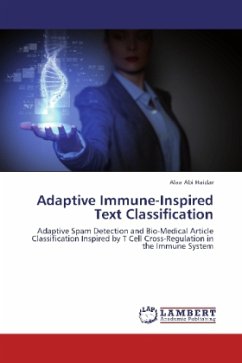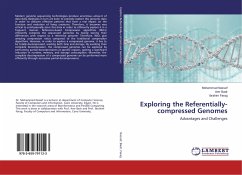The internet has revolutionized the way we do business, service delivery and our social interaction. This shift has created new challenges of ensuring the security of information systems and their data. Intrusion detection, involved with identifying malicious activities, has been identified as one approach to help address these challenges. Artificial immune systems (AIS), inspired by the natural immune systems have been considered a possible technique to intrusion detection. However, a major breakthrough still remains elusive partly because of the naïve biological metaphor employed. In this book we explore some biological metaphors that would help improve the design of AIS-based systems. We particularly present some innate system concepts that would, improve and integrate with, existing adaptive system concepts, in development of efficient and effective AIS systems and which we believe should be important in inspiring future AISs. A network intrusion detection problem is used to analyze the feasibility of the approach. The analysis should help shed some light on this integration approach, and should be especially useful to professionals in network security and AIS researchers.
Bitte wählen Sie Ihr Anliegen aus.
Rechnungen
Retourenschein anfordern
Bestellstatus
Storno


